Advertisement
Whether you need help falling or staying asleep, our experts are here to help. They share insights on topics like how much sleep you need, why you’re waking up tired, sleep hygiene best practices, supplements and why trends like mouth taping are so dangerous.

Stress, alcohol, sleep apnea and (you guessed it!) scary movies are a few common causes of bad dreams

Regular exercise, an iron-rich diet, adequate sleep and bedtime routines that include a warm bath or massage may help with your kid’s RLS

Recording your dreams may help you become more mindful, understand your thought patterns, process your emotions and even reduce your stress

Chamomile, lavender and valerian root teas may offer a faster route to dreamland
Advertisement
Cleveland Clinic is a non-profit academic medical center. Advertising on our site helps support our mission. We do not endorse non-Cleveland Clinic products or services. Policy
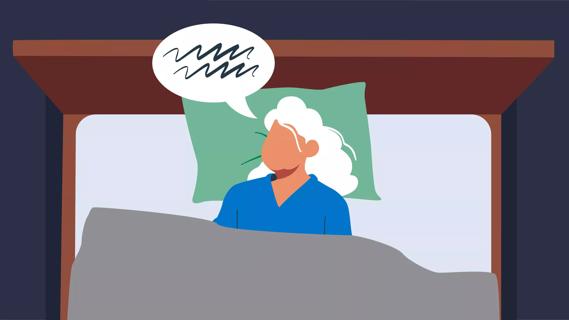
Many factors can contribute to sleep talking, like stress or anxiety, lack of or low-quality sleep, or even more serious sleep-related conditions
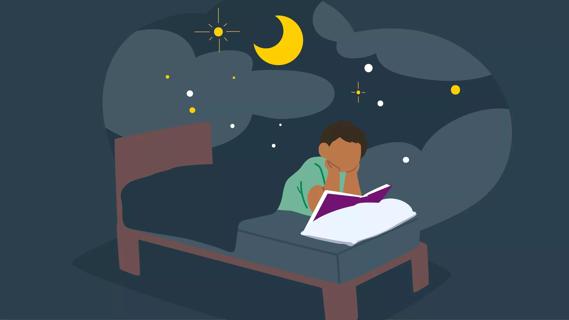
A consistent, structured routine, which may include incentives, can help children learn to stay in bed and get the ZZZs they need
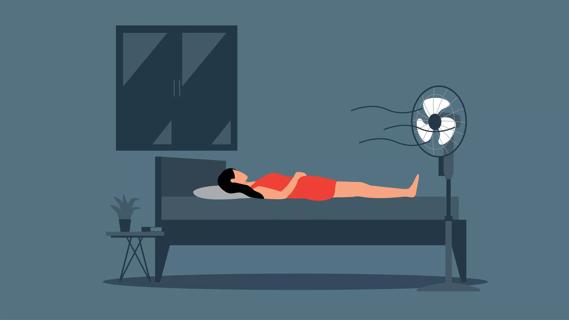
Getting to the root cause of night sweats — like menopause, medication side effects, stress or anxiety — can help you manage them
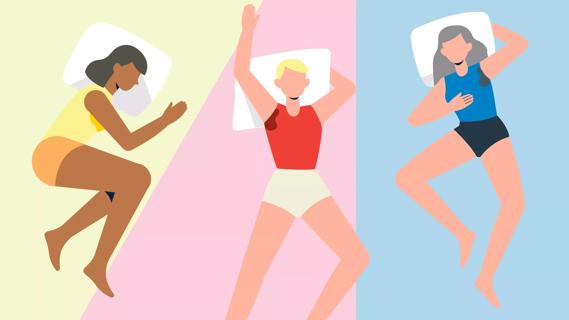
Hormone therapy, medication and lifestyle changes and can help you get the restful ZZZs you need

Medications, tubing and stress can steal away the ZZZs you need
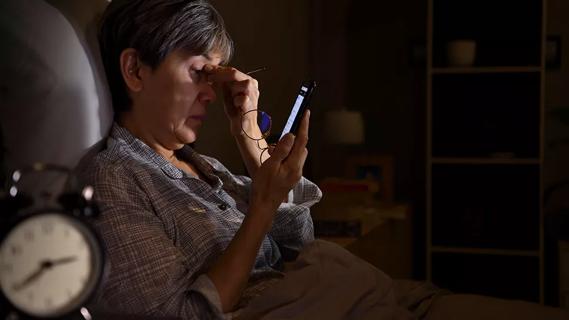
Hormone changes can definitely leave you tossing and turning at night, but help is available
Advertisement
Advertisement